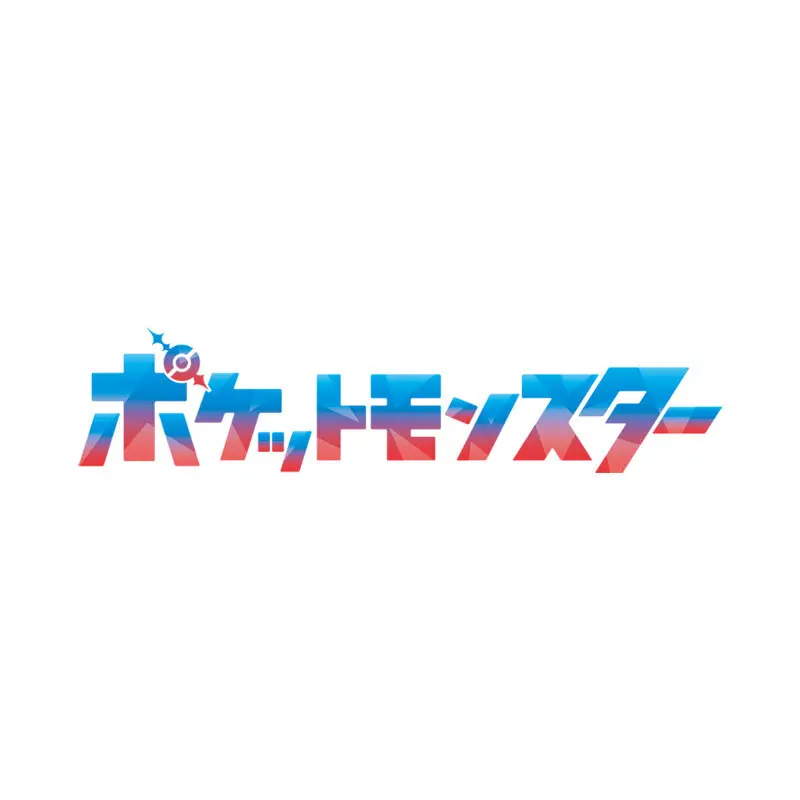
*Regarding some of the vocabulary used in relation to our Group sustainability and CSR, we reviewed and changed some terms when setting our medium-term sustainability targets and KPIs in May 2021. This page was released in June 2019 and is listed in old (until end of FY2020) vocabulary. Click here for a chart showing the updated terms.
The TOMY Group has defined eight material issues for achieving its CSR vision of
becoming friends with children around the world.
We listened to stakeholder*1 views on numerous social issues and channeled repeated debate
by our social responsibility project members into defining eight final material issues*2
that we should seek to address through our core business.
We’d like to share with you how we defined them.
- *1 All people we come into contact with in our business, including our customers, employees, shareholders and investors, business partners, and society at large
- *2 Social issues that we feel we can prioritize and most effectively contribute to a better society, or that society expects us to be heavily involved in


FY2018 CSR Project:
How We Defined Our Material Issues
 Understanding and organizing social issues
Understanding and organizing social issues


We comprehensively studied social responsibility issues and organized them into groups for priority focus analysis. We listed approximately 400 items by considering a range of factors including social responsibility guidelines (Global Reporting Initiative (GRI) Standards, ISO 26000), evaluation criteria issued by the Sustainability Accounting Standards Bureau (SASB), MSCI ESG indexes, the Sustainable Development Goals (SDGs), demands from business partners, as well as the issues our competitors are focusing on.
We then removed items that were less directly related to our own business and consolidated overlaps, enabling us to narrow the selection to 37 items.
- 1. Healthy corporate governance
- 2. Compliance
- 3. Responsible political activities
- 4. Stakeholder communication and cooperation
- 5. Promoting group-wide compliance & CSR activities
- 6. Consumer data protection and privacy
- 7. Intellectual property management
- 8. Appropriate disclosure of information
- 9. Ensuring confidence, safety, and quality
- 10. Chemical substance safety
- 11. Improving customer satisfaction
- 12. Fair marketing communication
- 13. Educating consumers
- 14. Helping educate children through toys
- 15. Improving product competitiveness with new technology
- 16. Promoting universal design
- 17. Firm environmental management
- 18. Efficient water resource use
- 19. Climate change mitigation & more efficient energy use
- 20. Climate change adaptation
- 21. Preventing pollution
- 22. Using renewable raw materials
- 23. Reducing packaging and waste
- 24. Appropriate employment, wages, and benefits
- 25. Improving worker productivity
- 26. Human resources development in the workplace
- 27. Occupational health and safety
- 28. Promoting diversity
- 29. Prohibiting child or forced labor
- 30. Preventing discrimination or harassment
- 31. Freedom of association and collective bargaining
- 32. Mechanisms for upholding human rights
- 33. Helping solve local community issues
- 34. Contributing to local communities through our business
- 35. Encouraging education and culture
- 36. Respecting children’s rights
- 37. Responsible procurement
 Investigating and analyzing our current CSR initiatives
Investigating and analyzing our current CSR initiatives



We conducted a survey about the selected 37 items to check whether we had a policy and management framework in place, how initiatives were progressing, and what results they were generating. The survey was sent to TOMY Group companies inside and outside Japan, including retail and production bases.
Survey targets:
Inside Japan: 8 companies (TOMY, T-ARTS, TOMY TEC, TOMY MARKETING, PENNY, T-FIELDTEC, KIDDY LAND, TOMY IBIS)
Outside Japan: 7 companies (TOMY International (North America and Europe), TOMY Asia, TOMY SHENZHEN, TOMY HONG KONG, TOMY VIETNAM, TOMY THAILAND)
Group Companies> Selecting material issue candidates
Selecting material issue candidates


 Discussing with stakeholders
Discussing with stakeholders



 Defining our final material issues
Defining our final material issues



Material Issues
- 1. Ensuring confidence, safety, and quality
- 2. Creating new products, services, and IP*3
- 3. Promoting universal design
- 4. Organizational governance and communication with stakeholders
- 5. Promoting work style reform
- 6. Responsible procurement*4
- 7. Environmental management
- 8. Encouraging education and culture through our business
The social responsibility project members discussed the level of interest among stakeholders and impact on the TOMY Group, and we finally decided on eight material issues in conjunction with management.
- *3 Created expressions, potentially commercially useful information and marks, and intangible but potentially lucrative items, including patents (patent rights), trademarks (trademark rights) and designs (design rights). The rights to exclusive use recognized for the creators of intellectual property under national legal systems and treaties are called intellectual property rights (IPRs).
- *4 Managing responsible procurement not only within our own Group but across our entire supply chain not just to ensure legal compliance but in consideration of human rights, the environment and other social perspectives.
To become friends with children around the world,
we defined our material issues for immediate action and reflected them
in the TOMY Group social responsibility framework.
■TOMY Group Social Responsibility Framework
(As of June 2019)


The next step is to create concrete action plans for each of the material issues
and set key performance indicators (KPIs) to help evaluate progress.
We will bring you regular progress reports on our CSR website.

















